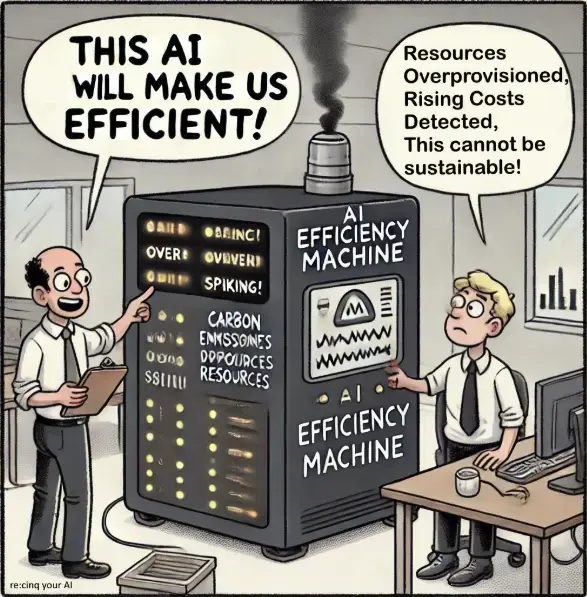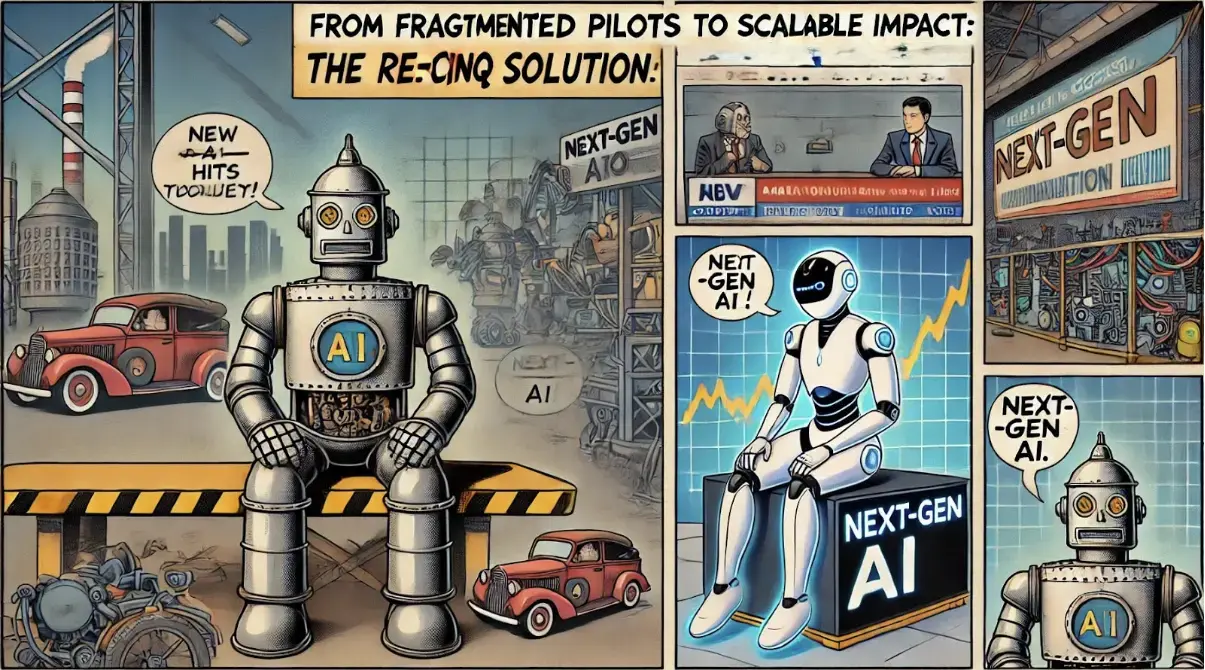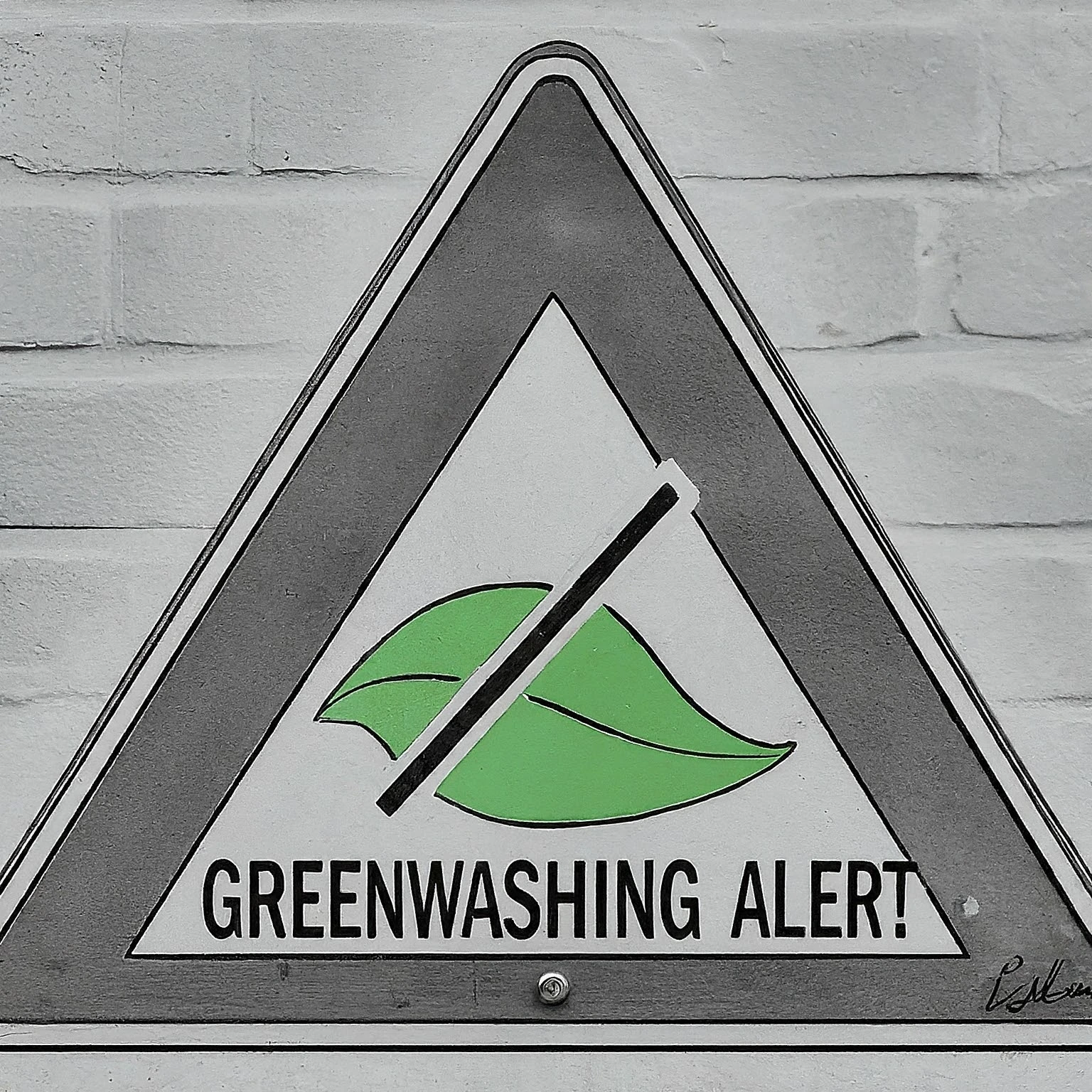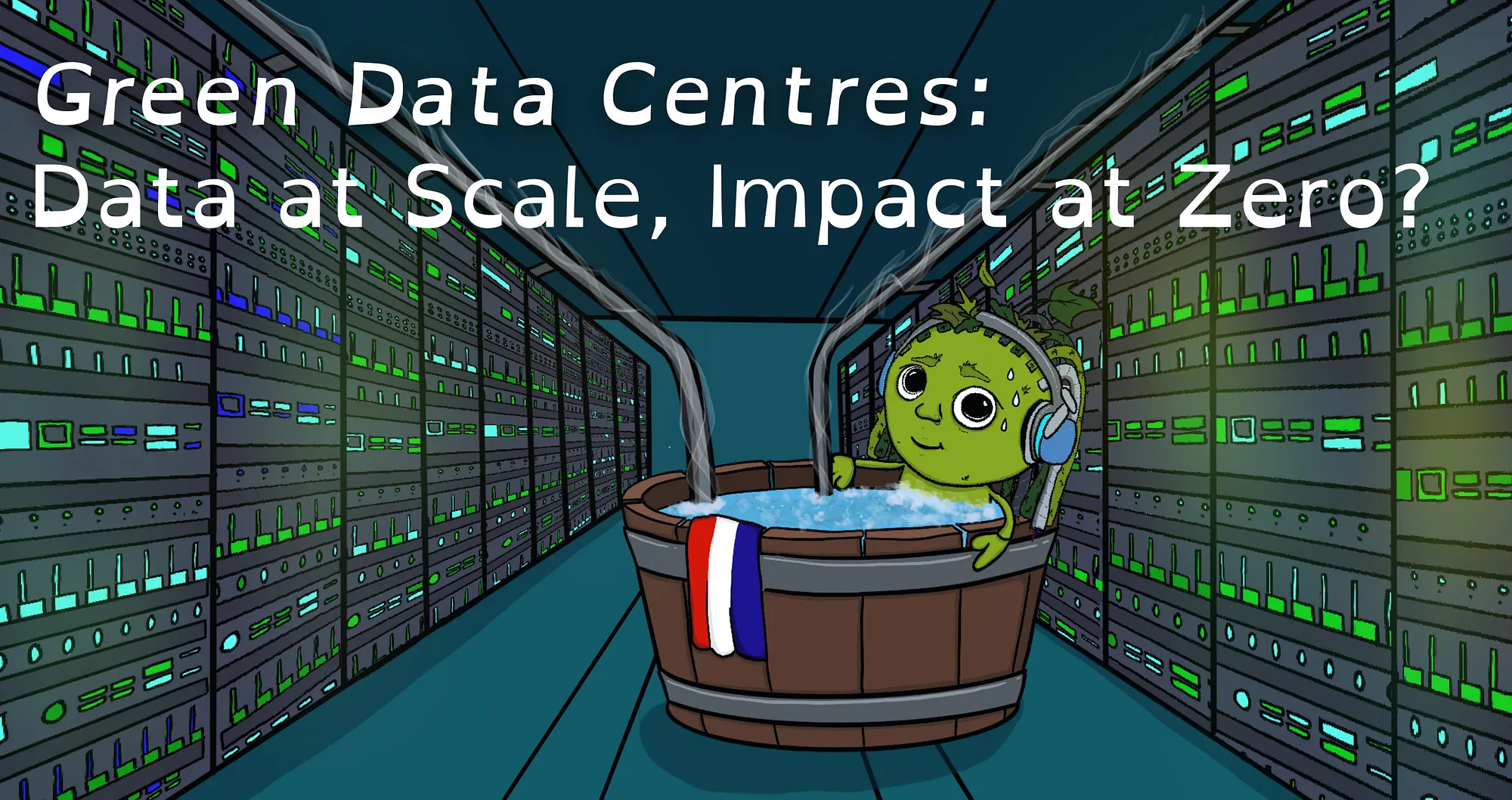Sustainability

Driving IT Accountability and AI Efficiency
Enterprises today face heightened scrutiny over their operational expenses, energy consumption, and …

Accelerating AI Initiatives with Purpose
The shortcomings in enterprise AI strategies are becoming increasingly apparent. Recent market …

Lean Software Development: Reducing Agile's Environmental Impact
Did you know the IT industry is on track to become a leading contributor to global carbon emissions? …

Just 2% More? Could Climate Change Be That Easy?
I recently watched a thought-provoking TED Talk by Jens Burchardt from BCG How we can curb climate …

The Hidden Cost of IT Emissions: Why Companies Must Act Now
At re:cinq, our mission as Green Software consultants is to empower businesses to slash their …

Green Data Centres: Data at Scale, Impact at Zero?
As technology scales, data centres quietly contribute more and more to the climate crisis. While …

Sustainability Reporting: Effective Change or Mere Formality?
Climate change momentum is accelerating. Governments, like the EU with its Green Deal and Fit for 55 …

Follow the Sun: Greening the IT Landscape, One Sunrise at a Time
“Follow the Sun” sounds like ambiguous guidance from Yoda. It is also: An indie song …

Energy Proportionality and the Promise of Greener Systems
The cloud is just someone else’s computer. While a funny metaphor and thought-provoking …

A Christmas Tree Carbon Story
My partner LOVES Christmas time. The lights, the markets, finding the biggest tree (then carrying …

Beyond the Code: Carbon Impact of Large Language Models (LLMs)
I’m sure you’ve heard of ChatGPT, Copilot, or any of the other many (many, many, many) AI tools …

`Perf`-icient Measuring of Laptop Energy Consumption and CO2e
Recently I attended the SDIA Green Coding Summit in Berlin. From the engaging panels to the …

Green Metrics: Enhancing Code Efficiency with Sorting Algorithms
Measuring the energy consumption of your software is like playing jenga while getting a tattoo from …

Embodied Carbon in IT: Impact and Management Strategies
This week, I found myself thinking about the gaps in sustainable software development. And if you’re …

Node Sizing: Key to Energy-Efficient Computing
There are constant arguments, opinions, and memes about how to make more sustainable decisions. …

Optimizing Code Efficiency: Sustainability & Big O Notation
During my time at university, I wrestled with the concept of Big O notation, never quite grasping …